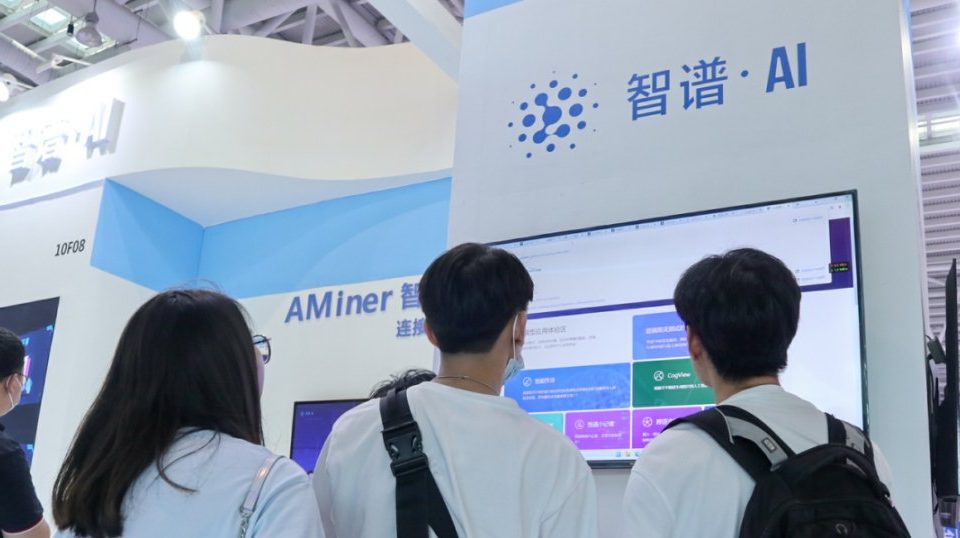Alibaba, Tencent and other Chinese backers invest $340M in OpenAI rival startup Zhipu

Just a short three days ago, we wrote about Baichuan after the Chinese AI startup secured a massive $300 million in funding from industry heavyweights including Alibaba and Tencent, among others. And now, we have yet another Chinese AI startup entering the scene, with a significant funding raise as it gears up to challenge OpenAI, the creator of the well-known ChatGPT.
Today, China’s AI startup Zhipu AI announced it has raised $341 million (over 2.5 billion Chinese yuan) in total funding this year, marking its ambition to challenge OpenAI in the generative AI space. Notable backers include support from Chinese tech giants such as Alibaba and Tencent, CNBC reported.
On the venture side, high-profile names like Sequoia and Hillhouse have shown their faith in Zhipu, while corporate investors include smartphone heavyweights like Xiaomi, Alibaba, and Tencent.
While the United States boasts renowned AI companies like OpenAI and Anthropic, China is not lagging far behind. The country has been nurturing its own crop of emerging generative AI players, including Baichuan, Baidu, Tencent, Alibaba, SenseTime, and Yitu Technology.
Among these rising stars, Zhipu stands out as one of the leading generative AI startups in China, contributing to the growth of the country’s AI industry. It’s worth noting that giants like Alibaba, Tencent, and Baidu are also actively developing their AI models and rolling out products driven by this technology.
Zhipu AI, founded in 2019, originated from China’s esteemed Tsinghua University and is spearheaded by Tang Jie, a professor in the university’s Department of Computer Science and Technology. Zhipu has made significant strides in developing large language models (LLMs), a type of AI capable of generating and comprehending human language. These LLMs have found applications in various domains, from chatbots to translation tools and creative writing assistants.
In August, Zhipu introduced a generative AI chatbot built upon its models. Generative AI refers to technology where AI can craft responses based on user queries. OpenAI, the U.S.-based company behind ChatGPT, is credited with bringing this technology into the mainstream.
Zhipu’s statement about its investors arrives at a time when the technological competition between the U.S. and China, with artificial intelligence at the forefront, continues to escalate. China views AI as a pivotal technology to nurture, given its potential to boost economic output. The second-largest global economy has plans to increase its computing power by 50% by 2025, a move aimed at further advancing AI applications.
However, the U.S. has been taking steps to restrict China’s access to key technologies required for developing AI models. Last year, the U.S. introduced rules that curtailed Nvidia’s ability to sell its top-end A100 and H100 graphics processing units to China. Just this month, Washington expanded these regulations to cover additional Nvidia chips. Nvidia is a dominant force in the graphics processing unit market, a type of semiconductor crucial for training AI models that demand extensive data processing.

